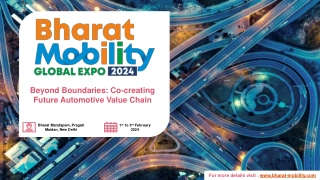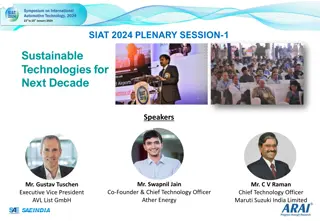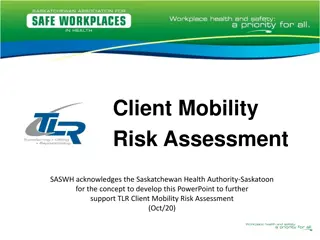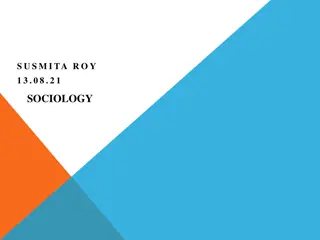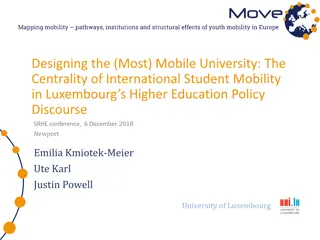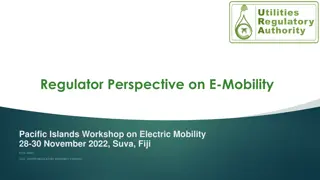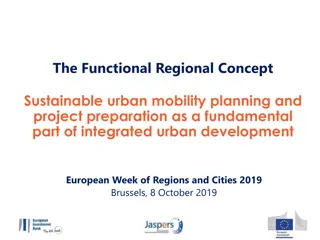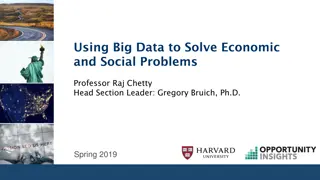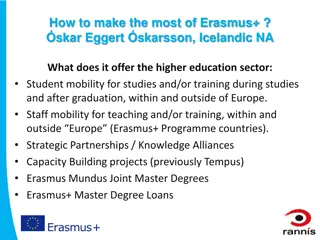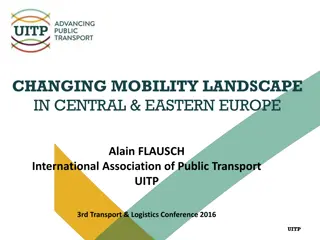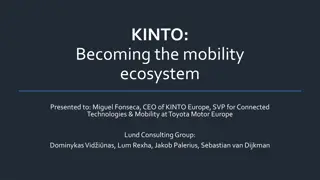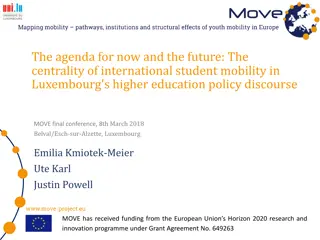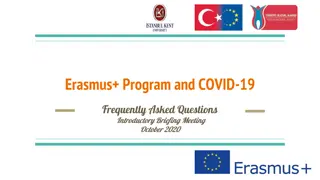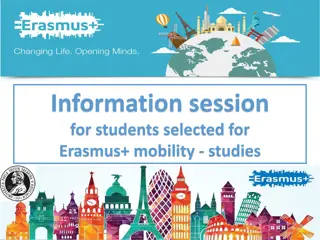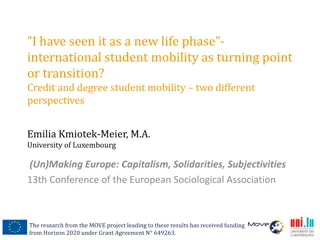Future Mobility: A New Paradigm in Legal Frameworks and Technology
Explore the evolving landscape of future mobility through the lens of legal frameworks and technology advancements. Delve into how traditional taxonomies are inadequate for modern transport innovations, emphasizing the significance of data in conjunction with movement in this dynamic paradigm.
Download Presentation

Please find below an Image/Link to download the presentation.
The content on the website is provided AS IS for your information and personal use only. It may not be sold, licensed, or shared on other websites without obtaining consent from the author.If you encounter any issues during the download, it is possible that the publisher has removed the file from their server.
You are allowed to download the files provided on this website for personal or commercial use, subject to the condition that they are used lawfully. All files are the property of their respective owners.
The content on the website is provided AS IS for your information and personal use only. It may not be sold, licensed, or shared on other websites without obtaining consent from the author.
E N D
Presentation Transcript
Future Mobility A New Paradigm Tania Leiman Dean of Law, Flinders University tania.leiman@flinders.edu.au DPC Policy Network Forum 14 September 2019 Flinders University Victoria Square
My thesis Future Mobility: A New Paradigm traditional taxonomies don t fit existing legal frameworks don t fit data is as important as movement
My thesis Future Mobility: A New Paradigm traditional taxonomies don t fit existing legal frameworks don t fit data is as important as movement
Segway E-scooters E-bikes Small Drones Large drones Passenger Drones Delivery robots Hyperloop Pneumatique Remotely operated vehices Platoon vehicles AVs - land/air/sea/undersea Driver monitoring systems Driver/operator wearables Exoskeletons MaaS RaaS What s still missing?
Whats still missing? Usage based insurance Cooperative Intelligent Transport Systems C-ITS Smart infrastructure Smart cities V2X, P2X, X2X IoT What else?
My thesis Future Mobility: A New Paradigm traditional taxonomies don t fit existing legal frameworks don t fit data is as important as movement
Familiar words? Reasonable Foreseeable Negligent Intention Reckless Willful Honest mistake Due care & skill Balance of probabilities Beyond reasonable doubt Competent Others?
Human or animal speed/force Injury caused by someone you know who has responsibility to care for you Human decision makers and actors Mechanised speed/force Injury caused by someone/something you don t know but can identify who has resources or insurance Human decision makers use machines to act Injury caused by someone/something you don t know and may not be able to identify who may be in another jurisdiction who may or may not have resources Machine intelligence uses data to drive decision making and mechanical or digital action Digital speed/force
Human knowingly recklessly or negligently breaches rules Human or animal speed/force Law regulates human behaviour Big data identifies risks that could not be foreseen by humans Mechanised speed/force Law regulates technology AI shuts everything down before rules can be broken Digital speed/force AI is the regulator
Human knowingly or recklessly or negligently breaches rules Human balances risk/reward what s reasonable? Human knows or ought to know of risk or rule Machine programmed to obey rule or avoid risk Coders/developers hack machine Machine operates as expected or malfunctions Real time big data mining identifies previously unknowable potential risks Machine intelligence uses data to identify optimal action to achieve desired outcome AI Connectivity shuts machine down before rules can be broken
My thesis Future Mobility: A New Paradigm traditional taxonomies don t fit existing legal frameworks don t fit data is as important as movement
https://modeltfordfix.com/wp- content/uploads/2018/09/1914- model-t-ford-38.jpg
Wikipedia Ford converted the automobile from an expensive curiosity into a practical conveyance that would profoundly impact the landscape of the 20th century
Image Michael D Wilson https://www.vox.com/2019/2/20/18232469/shoshana-zuboff-age- surveillance-capitalism-book-google-facebook-privacy-data-kara-swisher
Taniapedia 1.0 following Zuboff Data profoundly impacts legal rules and tests that rely on human decision making and will shape how we live and act in the 21st century
Taniapedia 2.0 following Zuboff Data converts mobility from simply being ways to get around into behavioural surplus fabricated into prediction products that will profoundly shape how we live and act in the 21st century
tania.leiman@flinders.edu.au @TaniaLeiman @tanialeiman
ABSTRACT Future Mobility: A New Paradigm A/Prof Tania Leiman, Dean of Law, College of Business, Government and Law, Flinders University This presentation will provide an overview of the regulatory framework and the legal implications and challenges of the changing face of mobility. Emerging technologies such as automated cars, marine vessels, trains and drones pose new questions regarding liability, data privacy, corporate responsibility and regulation. Changing business models (transport as a service, ride share, usage based insurance) and the growth in smart cities and connected infrastructure all have potential to significantly impact existing legal frameworks.



![[PDF⚡READ❤ONLINE] Black Hole Astrophysics: The Engine Paradigm (Springer Praxis](/thumb/21503/pdf-read-online-black-hole-astrophysics-the-engine-paradigm-springer-praxis.jpg)
